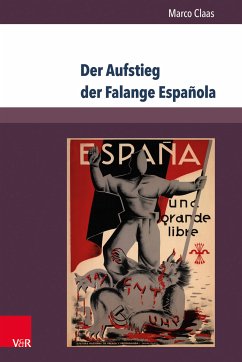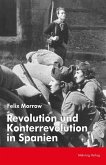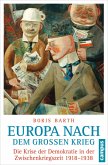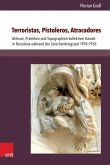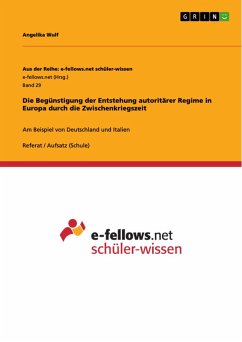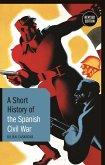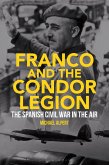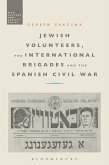Between WWI and WWII, fascism evolved into a European movement. The Falange Española party - founded in 1933 - introduced fascist cultural and violent practices in Spain. In his study, Marco Claas maps out for the first time an impressive social and cultural history of the Falange Party and its fascism: The party leaders insisted upon an intelligent and romantic variant, which, according to their self-conception, distinguished them from other European forces. Through the Falange Española's policies, a form of fascism emerged that was somewhat Spanish in character, ultimately displaying its mobilisation potential to the full during the Spanish Civil War.
Dieser Download kann aus rechtlichen Gründen nur mit Rechnungsadresse in A, B, BG, CY, CZ, D, DK, EW, E, FIN, F, GR, H, IRL, I, LT, L, LR, M, NL, PL, P, R, S, SLO, SK ausgeliefert werden.

